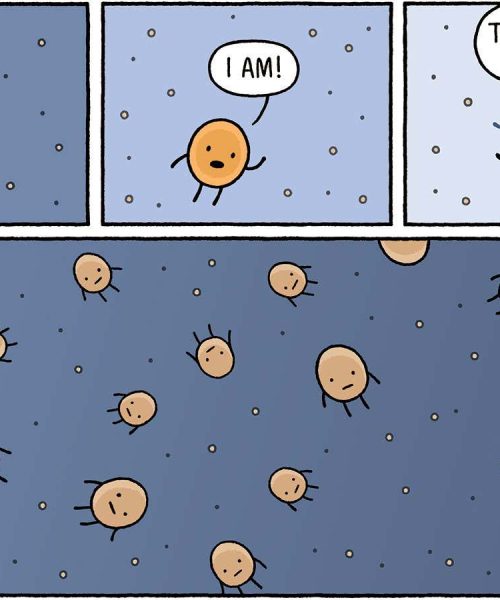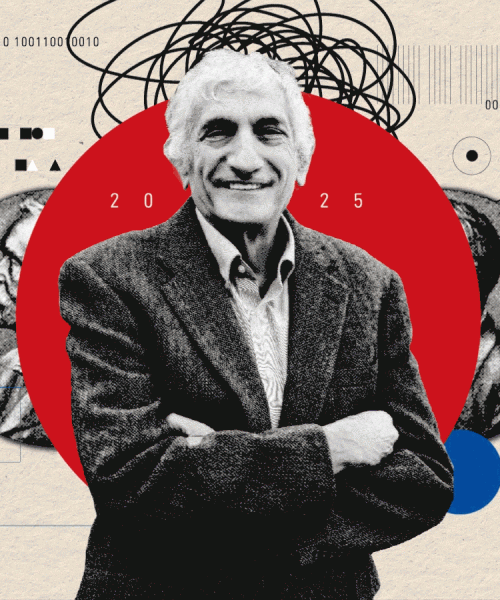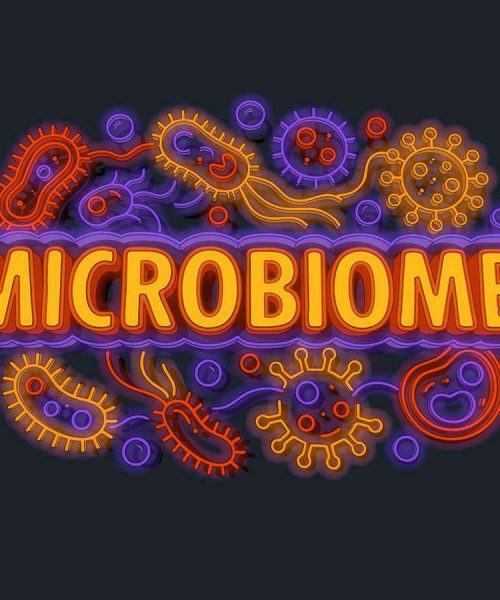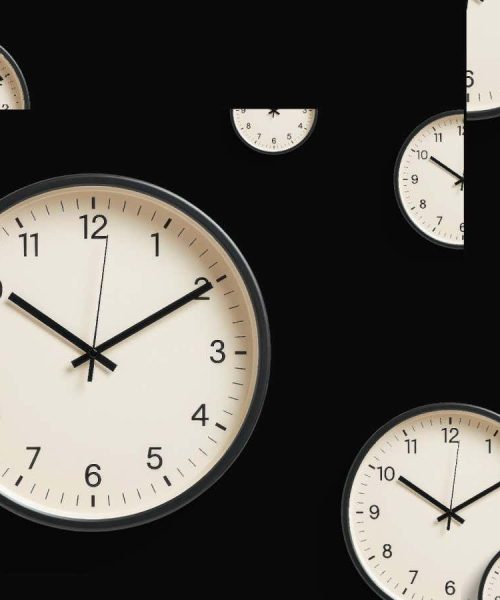
Mixetto/Getty Images
Spend more than 5 minutes on Instagram or TikTok – especially as a woman of a certain age – and you are likely to meet a fit, attractive person showing you what they ate today. It is usually a bowl of oats, flaxseeds and berries, or a plate of leafy greens with lean meats or other “quality proteins”, or a salad of raw carrots and little else, all enviably presented and accompanied by the claim that these foods balance excess oestrogen, lower the stress hormone cortisol, support adrenal function or even help you get rid of that “hormonal belly”.
So-called hormone-balancing diets aren’t exactly new: self-help books positing hormonal balance as the way to wellness began appearing in the early 2000s, marrying scientific-sounding claims with weight-loss plans. But what does “hormone imbalance” really mean?
This article is part of a series on nutrition that delves into some of the hottest trends of the moment. Read more here.
Not a lot, as it turns out. Hormones are the chemical messengers produced by endocrine glands located throughout the body, such as the thyroid, pituitary gland, ovaries and testes, that orchestrate many essential functions. “Hormones basically run the show, so to speak, in our bodies,” says Amelia Sherry, a registered dietician in New York. “Different hormones regulate everything, including sleep, hunger and fullness, growth, sexual development and desire, pregnancy, energy metabolism, blood sugar and more.”
So the concept of “balance” makes little sense in the perpetually changing endocrine system. “‘Hormonal imbalance’ is not a term endocrinologists… readily use because it suggests that something is wrong if hormones, when measured, are not always in the ‘normal range’,” says …





